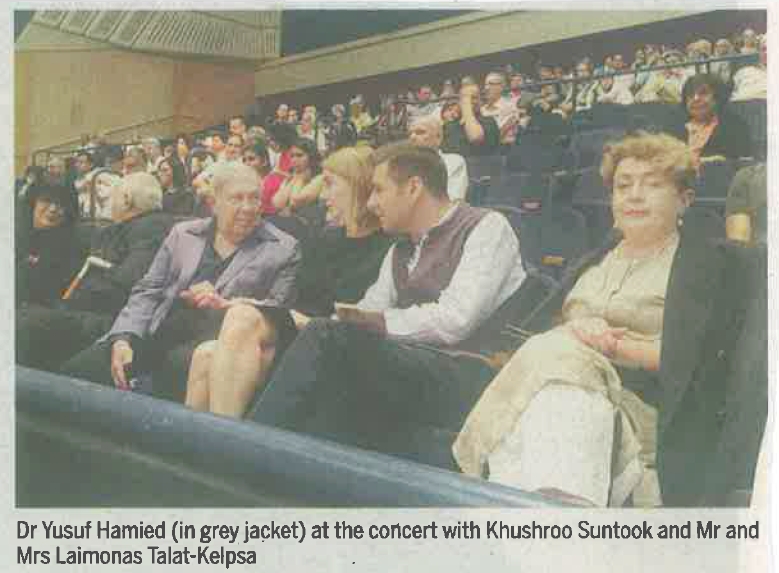
“The project was conceived in 2014 when Zubin Mehta conducted the Israeli Philharmonic Orchestra in Vilnius. The person who runs the orchestra, Gintautas Kevisas, informed ambassador Laimonas that he was planning a visit to South East Asia with the Lithuanian Symphony Orchestra, and was wondering whether they could give a couple of concerts in Mumbai. The ambassador approached Khushroo Suntook and the two days, the 10th and 11th, were finalized,” says a spokesperson about the Lithuanian National Symphony Orchestra, wich performed to great acclaim at the NCPA this week, and which we had the pleasure of attending on Wednesday evening.
“Dr. Yusuf K. Hamied, chairman of CIPLA, whose mother was Lithuanian and who was born in Lithuania, came forward to make it happen.”
As was to be expected, the presence of this international group of acclaimed musicians was highly applauded, and the packed auditorium was witness to many shouts of “Encore” and “bravo,” especially when the dapper resident conductor and violinist of the Symphony Orchestra of India, Marat Bisengaliev, participated as a solo violinist. What’s more, we noted: it wasn’t just the usual suspects of well-heeled Parsis savoring the fare.
Lithuania’s ambassador to India Laimonas Talat-Kelpsa with Linas Antanas Linkevicius, minister of foreign affairs in Lithuania, along with the consul generals of Spain, Hungary, Argentina and Holland and minister of external affairs M. J. Akbar were in the audience.
(From the Friday, October 13, 2017, print edition of Mid-Day newspaper, Mumbai, India)
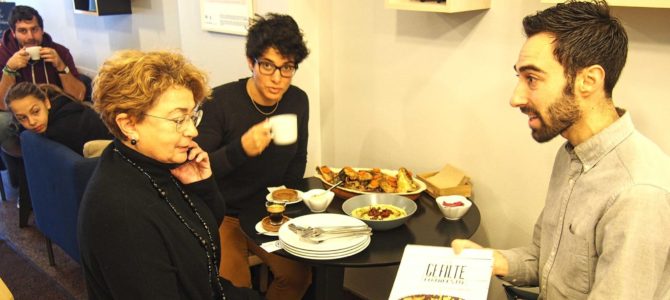


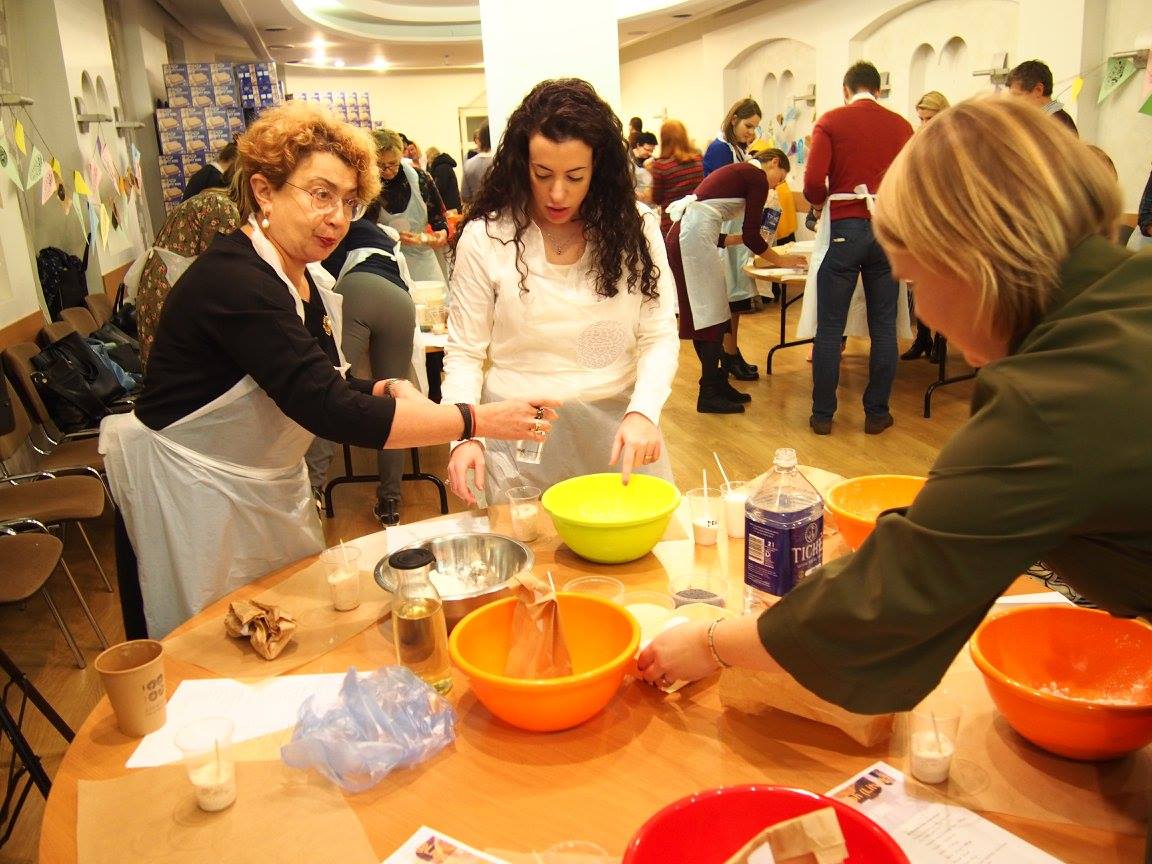
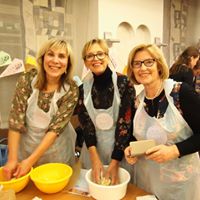
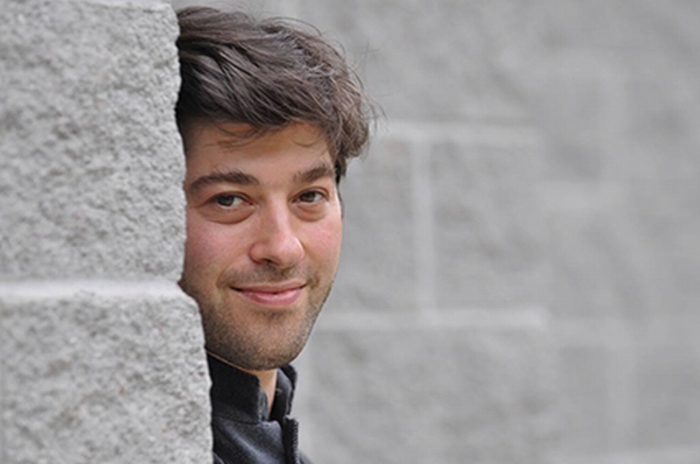
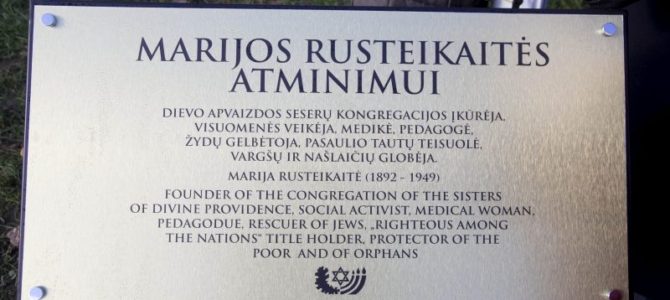
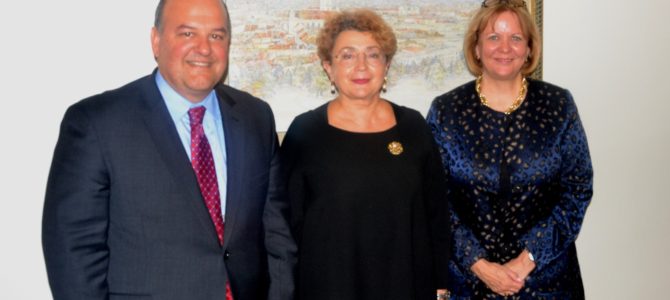
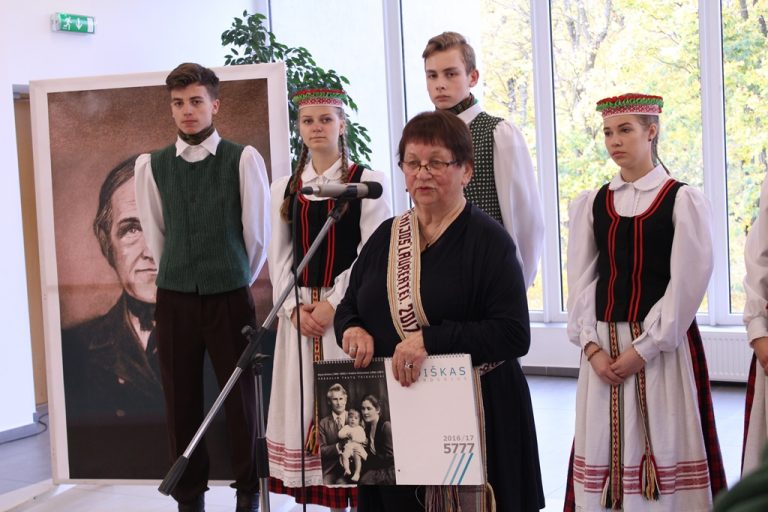
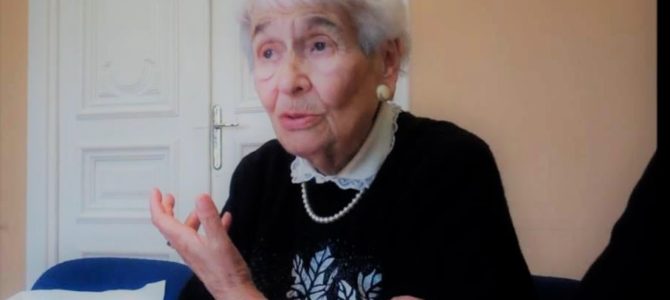

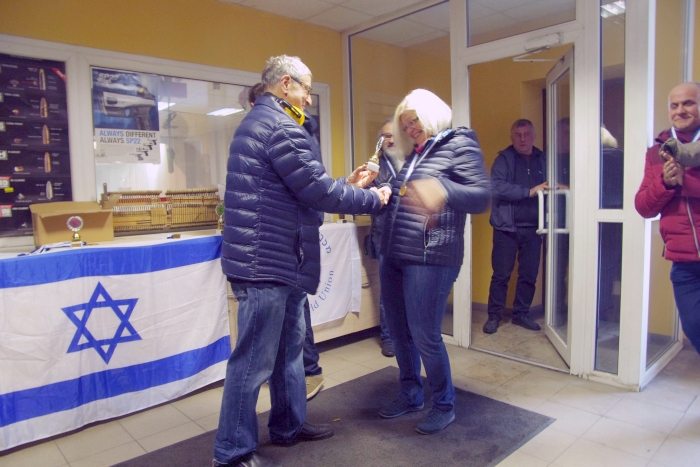
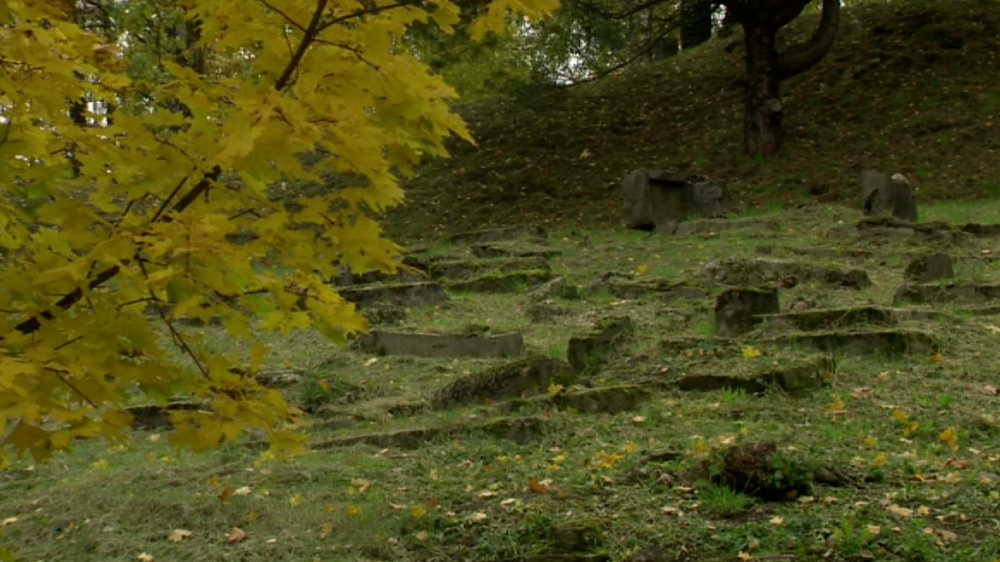
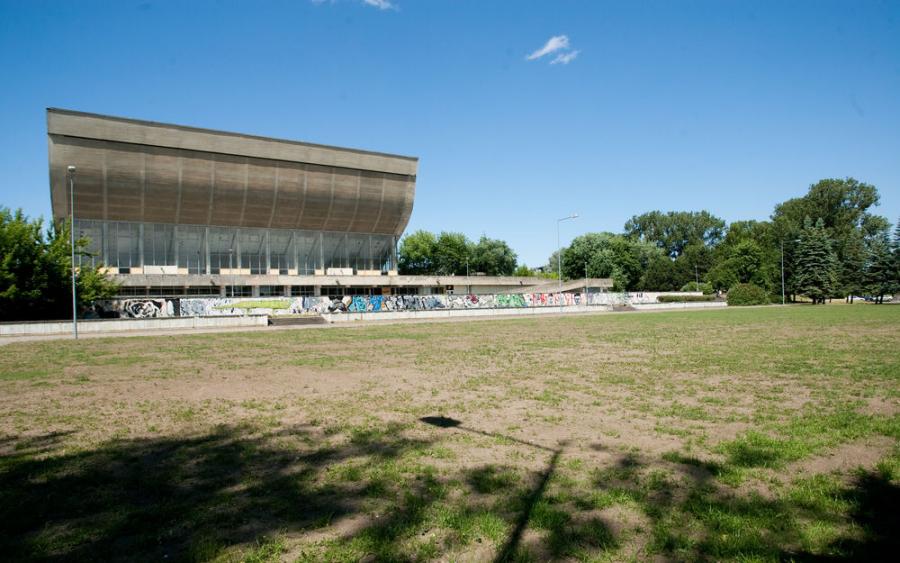
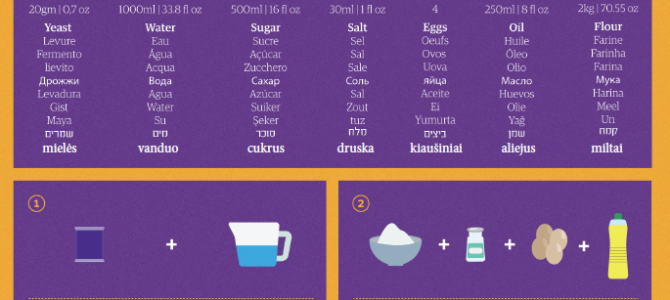

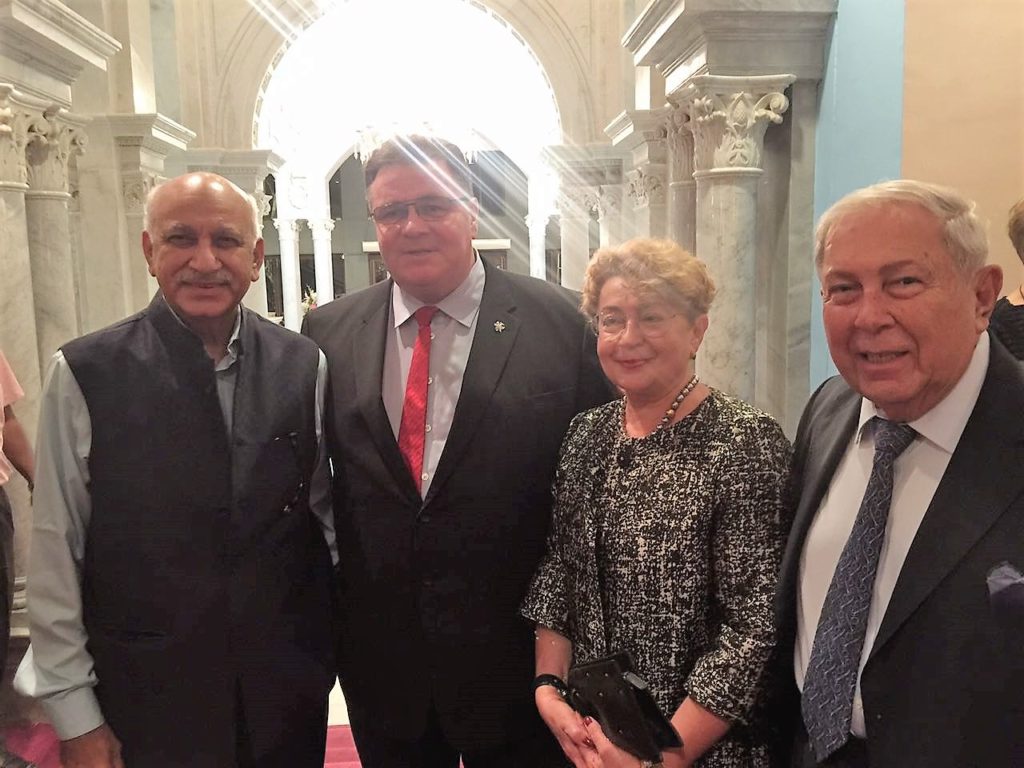
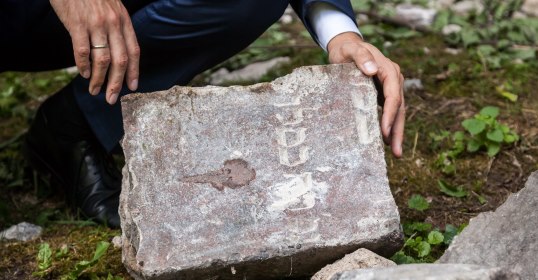
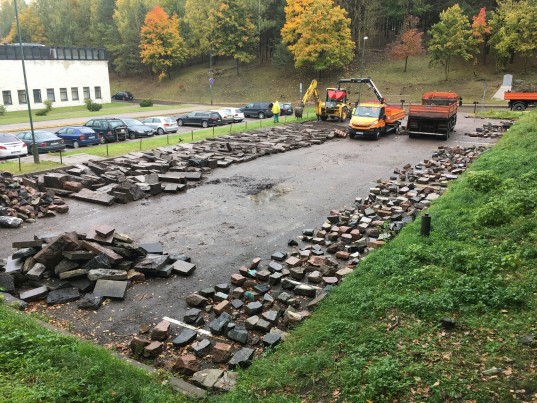
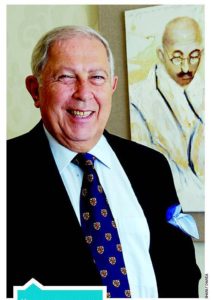 by Kenneth X. Robbins and John Mcleod
by Kenneth X. Robbins and John Mcleod